Why Freezer Panels are Essential for Energy Efficient Cold Storage Solutions
In the quest for energy efficiency in cold storage solutions, the role of freezer panels cannot be overstated. According to a report from the International Energy Agency (IEA), refrigeration accounts for approximately 15% of global energy consumption, highlighting the urgent need for advancements in energy-efficient technologies. Freezer panels, which offer superior insulation and temperature control, are a critical component in reducing energy usage within refrigerated facilities. As industry expert Dr. Mark Thompson, a noted refrigeration consultant, emphasizes, "Investing in high-quality freezer panels is not just a choice; it’s a necessity for sustainable cold storage operations."
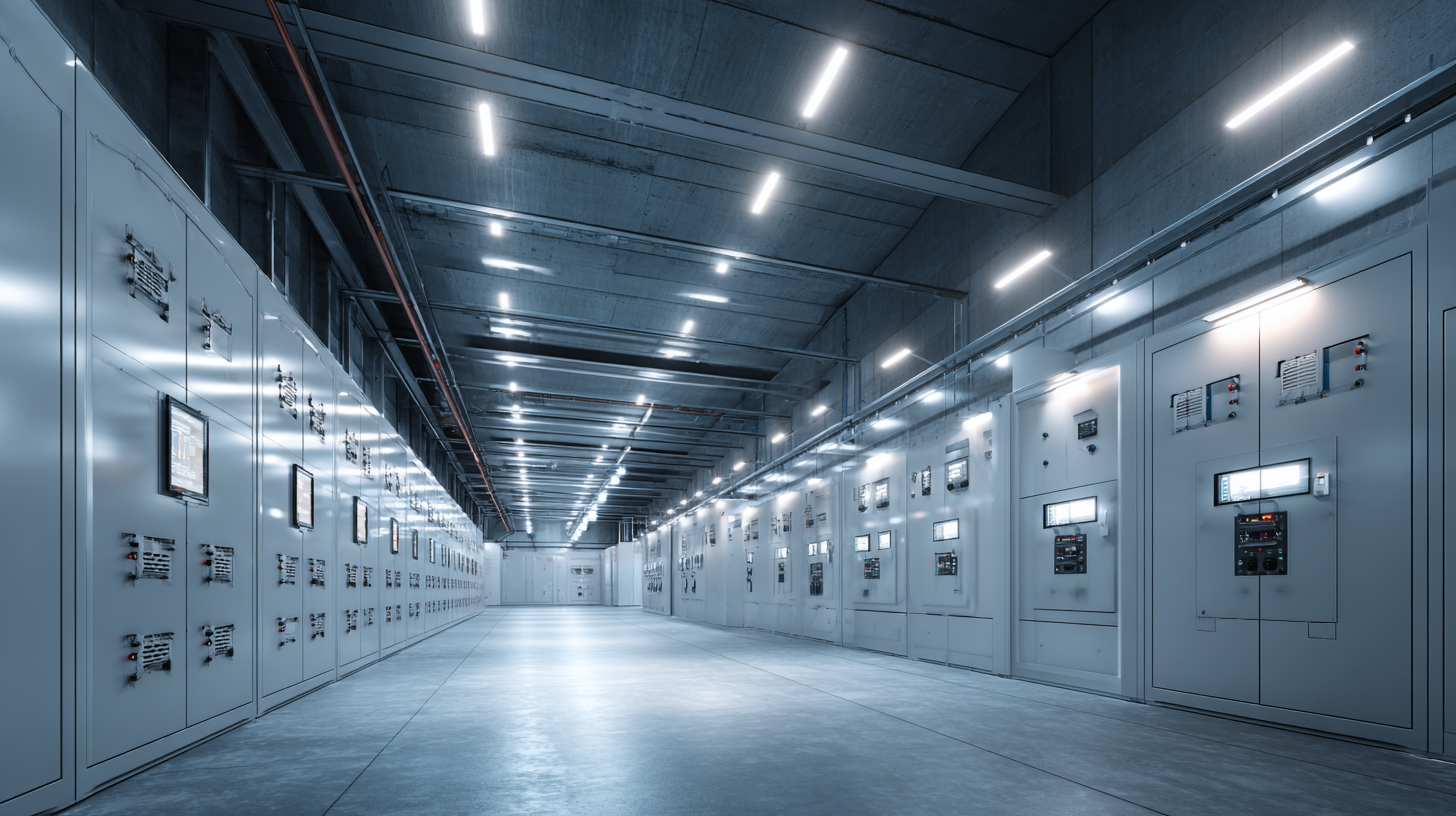
Moreover, a recent study by Global Cold Chain Alliance found that upgrading to energy-efficient freezer panels can save facilities up to 30% in energy costs annually, demonstrating their significant economic and environmental impact. The integration of advanced freezer panel technologies has proven to keep more cold air in and warm air out, thereby not only enhancing product preservation but also optimizing energy expenditures. As the cold storage industry continues to evolve, adopting high-performance freezer panels will be paramount in achieving cost-effective and sustainable operations, making them an essential feature in modern refrigeration systems.
The Role of Freezer Panels in Cold Storage Energy Efficiency
Freezer panels play a critical role in enhancing the energy efficiency of cold storage solutions. By creating a well-insulated environment, these panels minimize temperature fluctuations and reduce the energy required for refrigeration systems to maintain low temperatures. This not only leads to lower energy costs but also extends the lifespan of refrigeration equipment. Quality freezer panels are designed to withstand high humidity and extreme cold, ensuring that the integrity of the stored products is maintained over time.
Tips for Maximizing Energy Efficiency with Freezer Panels:
- Regular Maintenance:
- Proper Installation:
- Temperature Monitoring:
Inspect and maintain freezer panels regularly to identify any signs of wear or damage. Small leaks can significantly impact energy efficiency, so prompt repairs are essential.
Ensure that freezer panels are installed correctly with airtight seals to prevent air leaks. This helps maintain optimal conditions within the cold storage area.
Utilize temperature monitoring systems to track and adjust climate conditions in real-time, enabling quick responses to any irregularities that could affect efficiency.
Integrating high-quality freezer panels into your cold storage design will not only conserve energy but also create a reliable environment for your products.
Key Benefits of Using Insulated Freezer Panels for Cold Storage Facilities
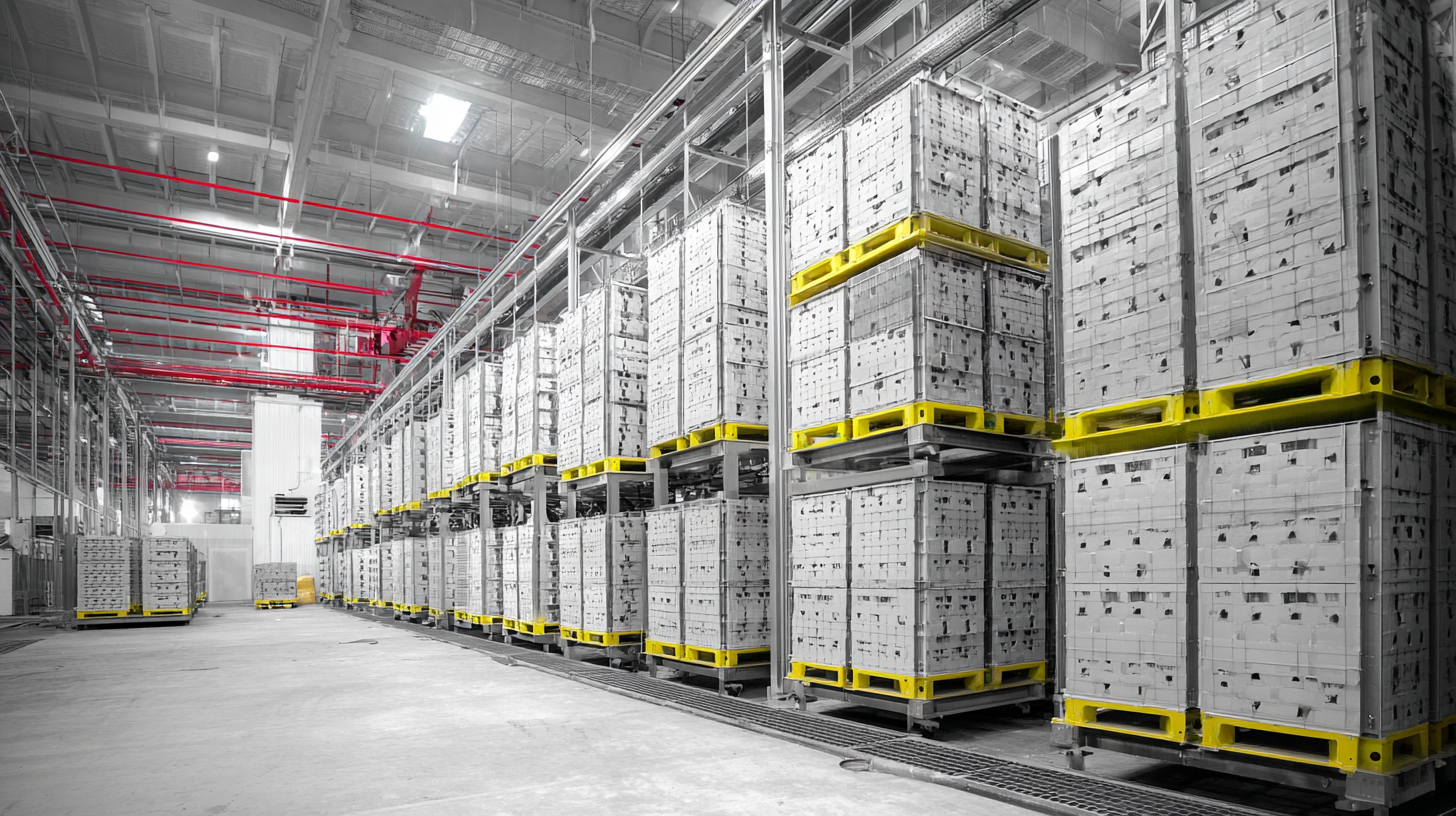 Insulated freezer panels play a crucial role in the efficiency of cold storage facilities by providing superior thermal insulation. These panels are designed to minimize heat transfer, which helps maintain optimal temperatures within the storage area. By reducing the amount of energy needed to cool and maintain temperature, insulated freezer panels not only lower energy costs but also enhance the overall sustainability of the facility. This is particularly important in a time when businesses are striving to reduce their carbon footprint while managing operational expenses.
Insulated freezer panels play a crucial role in the efficiency of cold storage facilities by providing superior thermal insulation. These panels are designed to minimize heat transfer, which helps maintain optimal temperatures within the storage area. By reducing the amount of energy needed to cool and maintain temperature, insulated freezer panels not only lower energy costs but also enhance the overall sustainability of the facility. This is particularly important in a time when businesses are striving to reduce their carbon footprint while managing operational expenses.
Another significant benefit of using insulated freezer panels is their structural integrity and durability. Constructed from high-quality materials, these panels can withstand harsh environmental conditions, ensuring the integrity of the stored products. Additionally, their lightweight nature facilitates easier installation and maintenance, allowing for quicker adjustments if needed. This adaptability is essential for businesses that require flexibility in their cold storage solutions, enabling them to respond efficiently to changing inventory demands while maintaining energy efficiency.
Innovative Technologies in Freezer Panel Manufacturing for Enhanced Performance
Innovative technologies in freezer panel manufacturing have significantly enhanced the performance of cold storage solutions. Modern freezer panels are now designed using advanced insulation materials that offer superior thermal resistance, effectively minimizing energy loss. These materials not only ensure that temperatures remain stable but also reduce the overall energy consumption of cooling systems. The integration of eco-friendly technologies in the manufacturing process further highlights a commitment to sustainability while improving operational efficiency.
Tip: When selecting freezer panels, consider those with high insulation values and lightweight materials. This ensures both energy efficiency and ease of installation, leading to long-term savings.
Moreover, the advent of modular freezer panel designs allows for customizable configurations that can cater to various storage requirements. Innovations such as tongue-and-groove interlocking systems ensure seamless installation and enhanced structural integrity. As manufacturers continue to adopt cutting-edge technologies, we can expect even more performance improvements in freezer panels, enabling businesses to optimize their cold storage facilities.
Tip: Regular maintenance of freezer panels is essential to sustain their performance. Ensure that seals are intact and panels are inspected periodically to avoid any thermal bridging, which could waste energy.
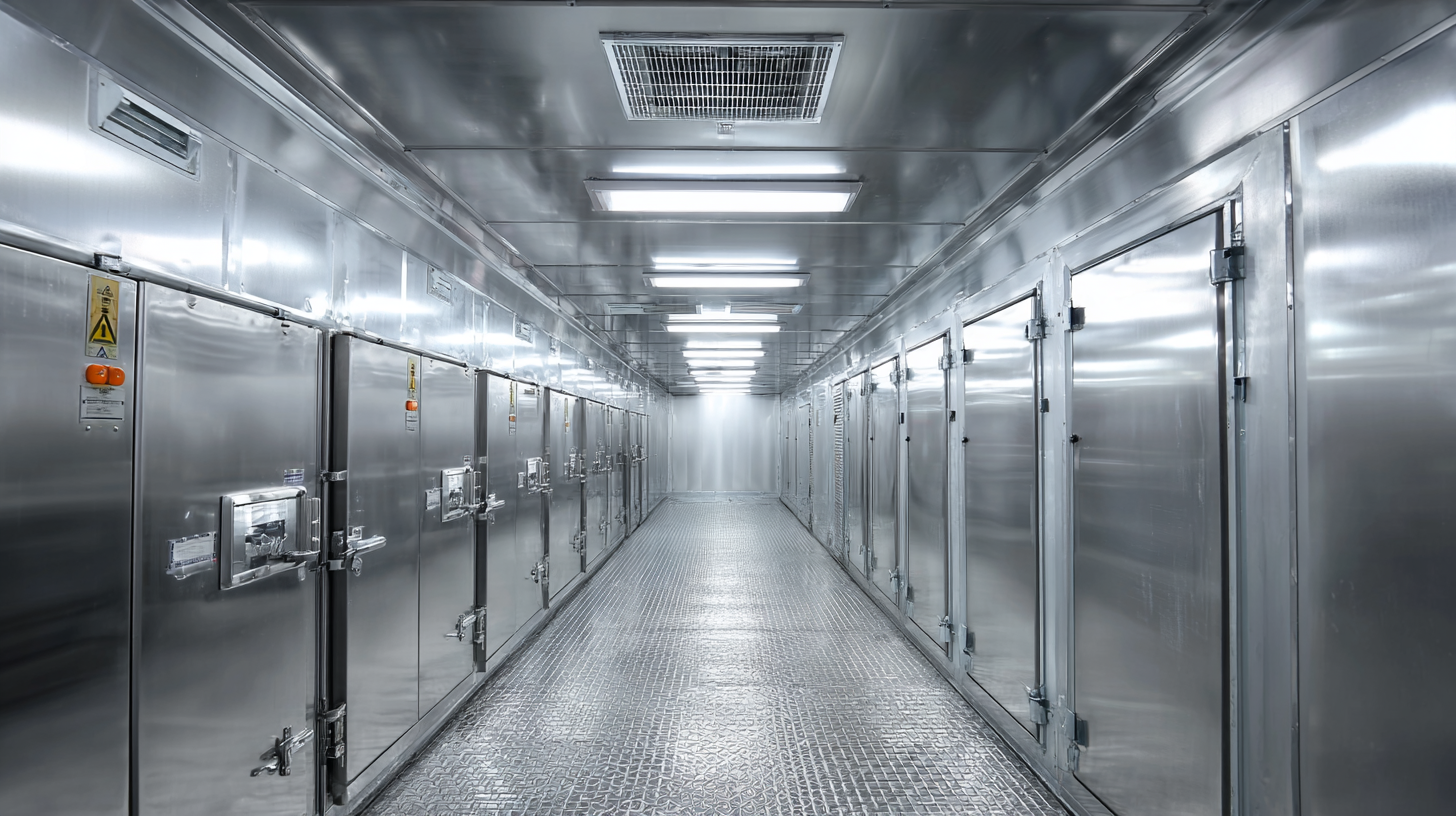
Comparing Energy Costs: Standard Storage Solutions vs. Freezer Panel Systems
Freezer panels represent a significant advancement in the design and efficiency of cold storage solutions, leading to substantial cost savings when compared to standard storage systems. According to the U.S. Department of Energy, energy consumption for refrigerated facilities can account for up to 40% of total operational costs. Traditional storage solutions often rely on less efficient insulation methods that can lead to greater energy loss, resulting in higher utility bills. In contrast, freezer panels, designed with high thermal resistance, can reduce energy usage significantly. Reports from the International Institute of Refrigeration indicate that using insulated panel systems can lower energy costs by 30% or more, thereby providing a favorable return on investment.
The lifecycle analysis of different cold storage options further emphasizes the advantages of freezer panel systems. A comparison study published in the Journal of Cleaner Production highlighted that facilities utilizing freezer panels achieve better temperature consistency and stabilization, which minimizes the workload on refrigeration systems. This leads to less wear and tear, importantly extending the lifespan of HVAC units and reducing maintenance costs. As industries move towards sustainable practices, the use of freezer panels not only enhances energy efficiency but also significantly lowers the carbon footprint of cold storage operations, making it a compelling choice for businesses seeking to optimize their energy costs.
Energy Costs Comparison: Standard Storage Solutions vs. Freezer Panel Systems
Future Trends in Cold Storage Solutions: Embracing Freezer Panel Advancements
In the rapidly evolving landscape of cold storage solutions, the adoption of advanced freezer panels is becoming crucial for enhancing energy efficiency. According to a report by the Global Cold Chain Alliance, energy consumption in refrigerated storage facilities can account for as much as 60% of their operational costs. The use of high-performance freezer panels significantly reduces thermal bridging, thereby minimizing energy loss and lowering refrigeration costs. This makes them an essential component for facilities aiming to adhere to stringent energy standards and reduce their carbon footprint.
Future trends point towards smarter and more sustainable cold storage practices, driven by the incorporation of innovative freezer panel technologies. Emerging materials, such as vacuum insulated panels (VIPs), boast insulation values up to five times greater than conventional panels, leading to considerable energy savings. The International Institute of Refrigeration suggests that the implementation of these advancements can reduce overall refrigeration energy usage by 30-50%, a substantial improvement as industries aim to meet both economic and environmental goals. As cold storage continues to expand in sectors like food distribution and pharmaceuticals, the enhancements in freezer panel technology will be pivotal in achieving energy-efficient solutions that align with the global push for sustainability.
Why Freezer Panels are Essential for Energy Efficient Cold Storage Solutions
| Feature | Description | Impact on Energy Efficiency | Future Trends |
|---|---|---|---|
| Insulation Material | High-performance insulating materials reduce energy loss. | Enhanced insulation can lower cooling costs by up to 30%. | Development of advanced polyisocyanurate foams for better thermal resistance. |
| Modular Design | Panels can be customized and reconfigured based on storage needs. | Flexible design minimizes unused space, improving energy efficiency. | Increasing adoption of modular systems to meet diverse requirements. |
| Sealing Technology | Advanced sealing solutions prevent air leakage. | Proper sealing can decrease energy consumption significantly. | Innovations in sealing technology enhancing airtight performance. |
| Eco-Friendly Materials | Utilization of sustainable materials in panel production. | Reduces carbon footprint and improves overall efficiency. | Growth of bio-based and recycled materials in manufacturing. |
| Temperature Control Systems | Integration with smart sensors for real-time monitoring. | Optimized cooling reduces energy use by maintaining ideal conditions. | Advancements in IoT technology for better automation and control. |
Related Posts
-
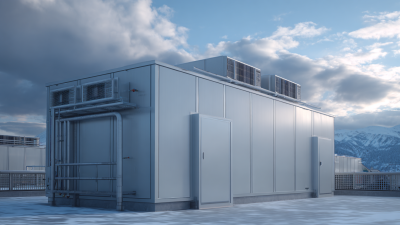
What are Freezer Panels and How Do They Revolutionize Temperature Control
-
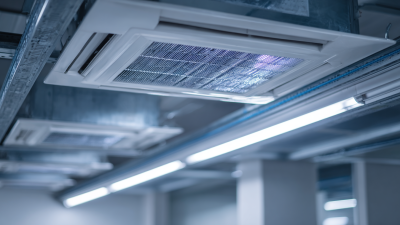
Understanding Cooler Panels: The Key to Energy Efficiency in Modern Refrigeration Systems
-
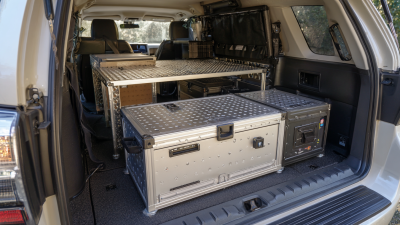
Revolutionize Your Space: The Ultimate Guide to Innovative Cooler Panels for Every Need
-

Understanding the Impact of Sustainable Building Cladding on Energy Efficiency
-

Exploring the Benefits of Doors Composite for Modern Home Design
-
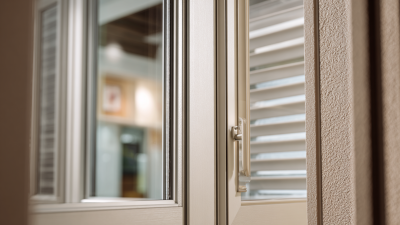
Exploring the Benefits of PVC Doors for Modern Home Design and Energy Efficiency